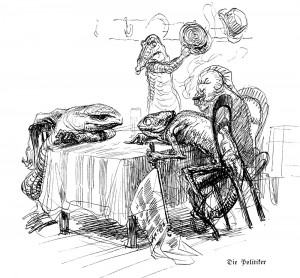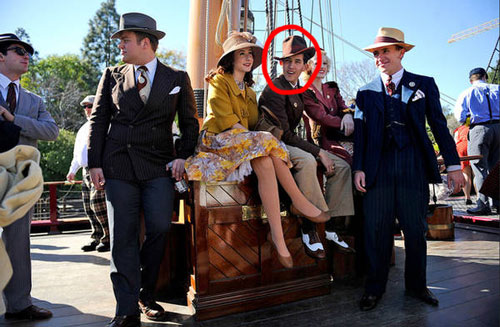Approximately a bazillion commentators have pointed out, rightly, that the right-wing of the conservative movement holds sway over the political right, in the US; whereas the left-wing of the left-wing party, the Democrats, is so wimpy, comparatively, that it sounds funny even calling the Democrats ‘left-wing’, per se. Of course, conservatives say the opposite. They are the moderates blah blah blah. I don’t know what truth would have the tremendous force needed to burst their epistemic bubble, so let’s move on, talking among ourselves.
Here’s a non-obvious (perhaps because it is incorrect) thought about the dynamics of having a right-wing dominated by its extreme right-tip, to the point where it doesn’t really have much of anything but a right-tip. You’d think it would automatically NOT be like that. You’d think such a dominant right-tip would not only generate a more moderate middle but also an ‘acceptable’ right to its right. That is, whatever is the center of political gravity – which is now on the extreme right – would sort of end up ‘moderate’, by definition, so long as you adopt a relative definition. That is, folks would figure that if Ted Cruz is ok, then Ted Cruz’ dad is probably ok. Because, what the hell, they aren’t THAT different. (By contrast, Obama really didn’t seem much like Jeremiah Wright. The shocker there was going to have to be that this association proved he believed stuff totally different from what he said.) Overton Window 101. But this doesn’t actually seem to be the way of it. Rather, what we get is this big weight of conservative opinion, this huge clump of conservative grass-roots, right at the edge of what is considered at all acceptable, in US political discourse. There is a very narrow range of things you can say without being, on the one hand, a RINO squish; or, on the other hand, having to say it was all ‘taken out of context’ when David Corn or Media Matters gets wind of it. [click to continue…]



